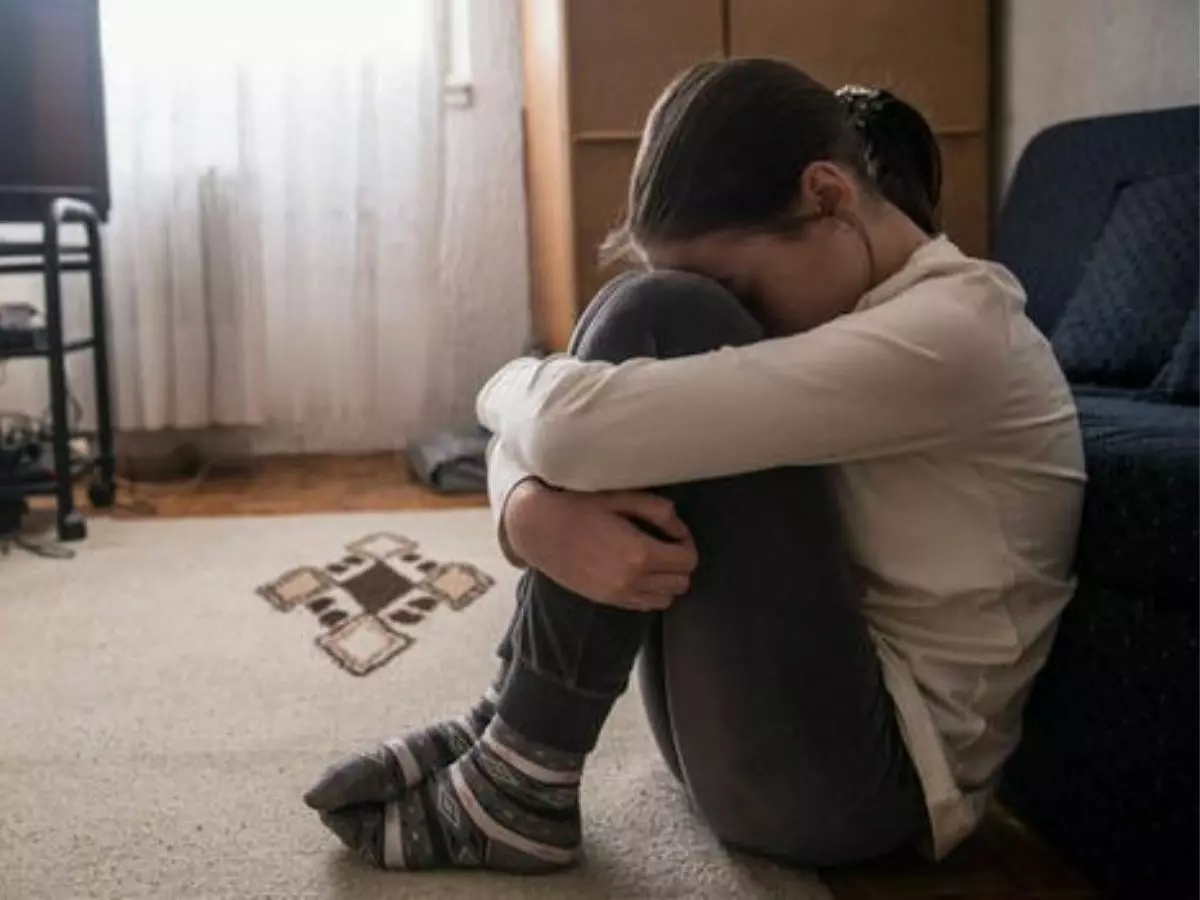Teens Who Sleep Less More Likely To Suffer From Depression, Reveals Study
A study of 4,790 participants, people who experienced depression also reported poor sleep quantity.

Depression is very real and it is severely affecting the lives of many. Recently we saw Bollywood actor Sushant Singh Rajput lose his battle with depression, and like him, many have in the past.
 Getty images
Getty images
However, now researchers have found a link of depression with poor sleep in teenagers. This is according to a study published in the Journal of Child Psychology and Psychiatry.
They looked at self-reported sleep quality and quantity from teenagers and they found that there was a crucial link between poor sleep and mental health.
Depression in teenagersThe team based at the University of Reading and Goldsmiths and Flinders University conducted a study with 4,790 participants. Among these, participants who experienced depression also reported poor sleep quantity as well as quality. Participants who experienced anxiety only reported poor quality of sleep.
Dr Faith Orchard, a Lecturer in Clinical Psychology at the University of Reading explained, "This latest research is another piece of evidence to show that there is a significant link between sleep and mental health for teenagers. This study highlights that those young people who have experienced depression and anxiety had overwhelmingly experienced poor sleep during their teens.¡±
 Getty images
Getty images
She added, "What's noticeable is that the difference in the average amount of sleep between those who experienced depression, which amounts to going to sleep 30 minutes later each night compared to other participants. Within the data, there were some participants who reported hugely worse quality and quantity of sleep, and the overall picture highlights that we need to take sleep much more into account when considering support for teenager wellbeing."
Depression study learnings
The study asked teenagers to report sleep quality and quantity over a series of issues. Researchers discovered that the control group of teenagers were able to get 8 hours of sleep a night on average on school nights and around 9 and a half hours over weekends.
On the other hand, students suffering from depression were reporting less than 7 hours of sleep during the weekday and just over nine hours over weekends.
One of the co-authors of the study mentions that the National Sleep Foundation recommends teenagers from the age of 14-17 to get around 8 to 10 hours of sleep each night. However, this study revealed that kids with depression were way off this recommendation during the weekday.
The depression group was reporting an average 3,325 minutes of sleep a week, on the other hand the control group was reporting 3597 minutes of sleep -- 272 minutes or roughly three and a half hours more per week.
Depression in children
 Getty images
Getty images
Dr Orchard further explained, "What we are now seeing is that the relationship between sleep and mental health for teenagers is a two way street. While poorer sleep habits are associated with worse mental health, we are also seeing how addressing sleep for young people with depression and anxiety can have a big impact on their wellbeing.¡±
She concluded stating, "It's also important to note that the numbers of young people who report anxiety and depression are still low overall. Good sleep hygiene is important, and if you are concerned about yours or your child's wellbeing we strongly encourage you to seek support from your doctor, but any short term negative impact on sleep is not a cause for alarm."
